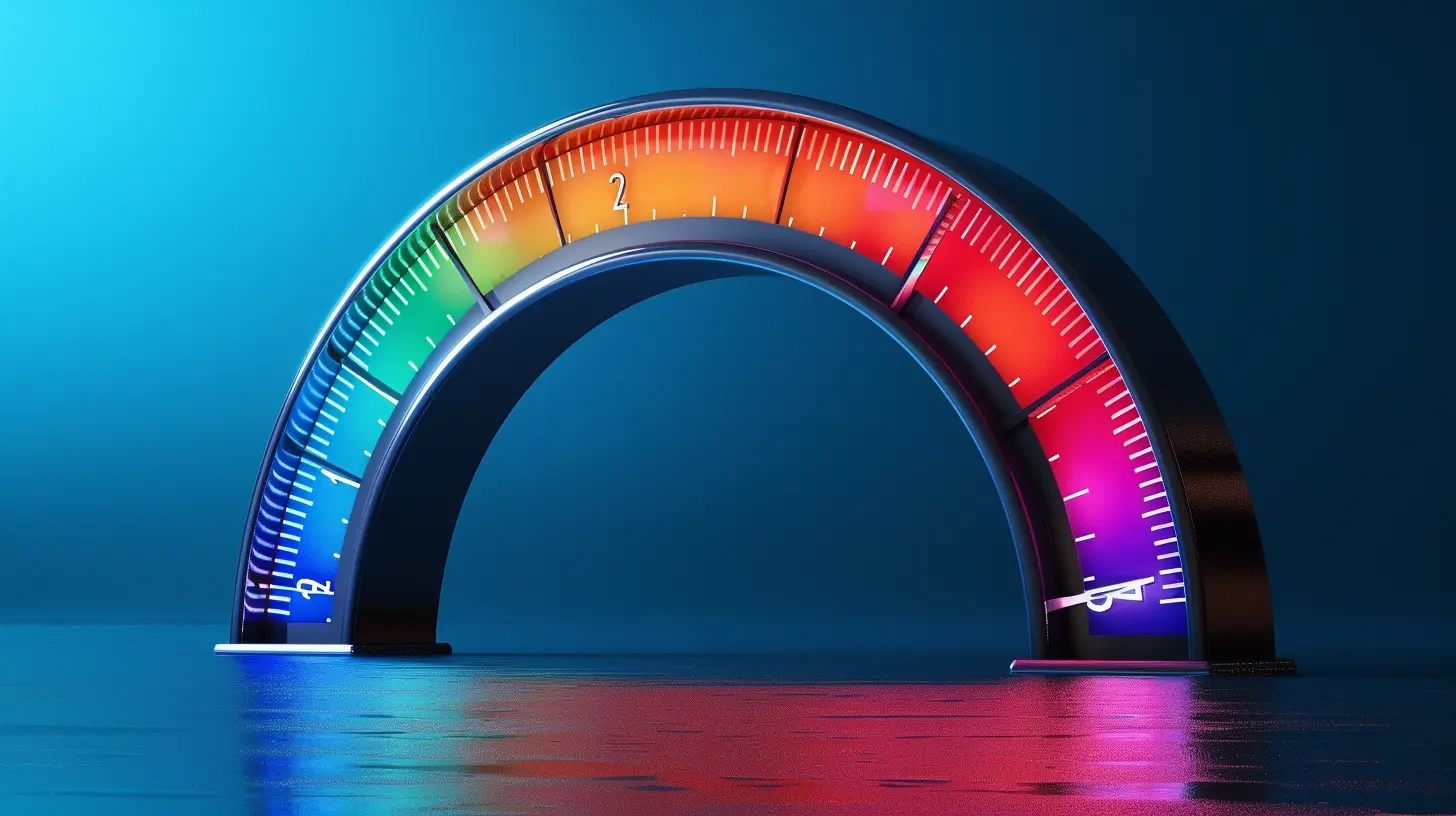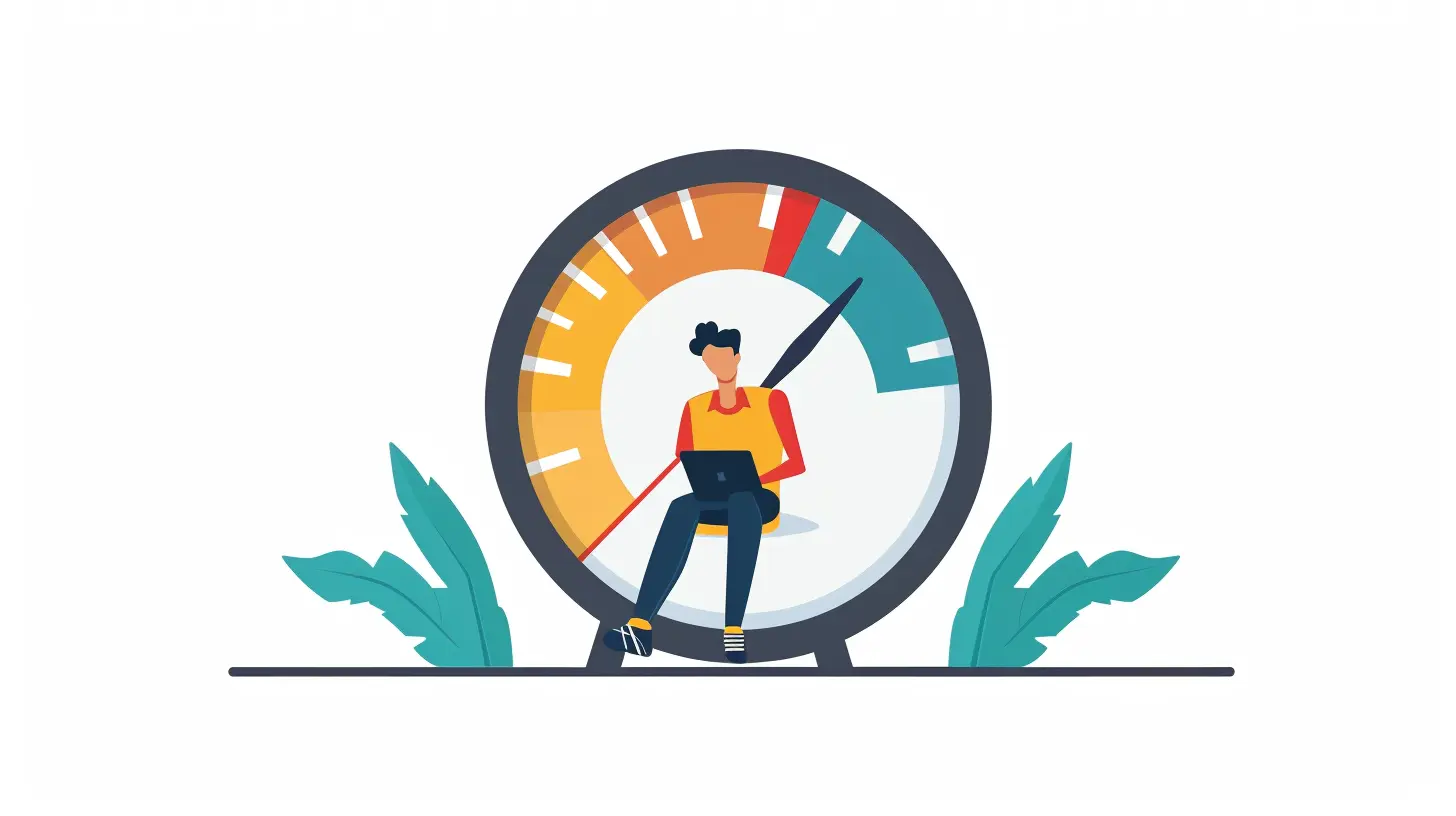Why Late Payments Can Lower Your Credit Score
11 October 2025
Let’s be real – life gets busy, unexpected things pop up, and sometimes, that due date on your credit card or loan just zips right past you. We’ve all been there. But here’s the scoop: even a single late payment can have a bigger impact on your credit score than you might expect.
In this article, we’ll break down the “why” behind late payments damaging your credit, what goes on behind the scenes with credit reporting, and how you can protect yourself from costly credit score dips. Don’t worry – we’ll keep it light, friendly, and packed with helpful tips. Ready? Let’s dive in!
What Exactly Counts as a Late Payment?
First off, let’s get clear. Most lenders offer a “grace period” of a few days after your due date. So, if your payment’s a couple of days late, you might just get hit with a late fee — annoying, yes, but not credit-score-destroying.But once a payment is 30 days past due, that’s when things get serious. At that point, your lender can – and likely will – report the late payment to the credit bureaus. And that’s where the trouble begins.
How Credit Scores Really Work (And Why Late Payments Sting)
Okay, imagine your credit score like a report card. But instead of grades for math and science, the categories are:- Payment history (35%)
- Credit utilization (30%)
- Length of credit history (15%)
- Credit mix (10%)
- New credit (10%)
Now, notice anything? Payment history makes up the biggest slice of the pie at 35%. Yep, it’s that important. Late payments tell lenders: “Hey, this person might not pay us back on time.” And that’s not the kind of message you want to send when you’re trying to build good credit.
The Domino Effect of One Late Payment
You might be thinking, “It’s just one missed payment. What’s the big deal?”Well, here’s what actually happens:
1. 📉 Your Credit Score Drops
Depending on your current score, a single late payment can knock 50 to 100 points off. Yikes. If you already have excellent credit, you’ve got more to lose.2. 🕵️ It Stays on Your Record
That late payment? It can sit there, haunting your credit report for up to seven years. Yes, SEVEN. It doesn’t mean your score will be in the gutter for that long, but it’ll raise red flags for future lenders.3. 🚫 Loan Approvals Get Tougher
Lenders see late payments as risky business. So, the next time you apply for a loan, you might face higher interest rates, lower credit limits, or even get denied altogether.
Why Some Late Payments Hurt More Than Others
Believe it or not, not all late payments are equal. A late payment on a mortgage or auto loan? That’s a bigger deal than a late payment on a credit card. Why? Because installment loans (like mortgages and car loans) are seen as more critical.Also, the more recent the late payment, the more it impacts your score. The older it gets, the less weight it carries.
Let’s break it down:
| Type of Account | Impact of Late Payment |
|-----------------------|------------------------|
| Mortgage | High |
| Auto Loan | High |
| Student Loan | Moderate |
| Credit Card | Moderate to Low |
| Utility Bills (unless sent to collections) | Minimal |
What Happens Behind the Scenes with Credit Reporting?
Let’s peel back the curtain a bit.Most lenders report your payment activity to the three major credit bureaus: Experian, Equifax, and TransUnion. When you pay on time, it’s good news. But if you’re 30+ days late? That gets reported as a “delinquency.”
And no, there isn’t a magic formula that softens the blow. The bureaus see that late payment and adjust your credit score accordingly — usually overnight.
The Emotional Toll (Because Money Stress Is Real)
Let’s not forget the emotional side. When your credit score drops, it’s not just numbers on a screen — it can feel personal. Suddenly, you’re anxious about loan approvals, stressed over high interest rates, and second-guessing big financial decisions.And if you’ve worked hard to build good credit? A late payment can feel like a punch in the gut. The truth is, your credit score doesn’t define you — but it does influence a lot more than you might think. From renting a home to buying a car, it’s like your financial passport.
Can You Remove a Late Payment from Your Report?
Here’s where it gets a little hopeful. If the late payment was an honest mistake, you might be able to fix it. Here are a few strategies that could help:😇 1. Ask for a Goodwill Adjustment
Been a loyal customer with a solid payment history? Sometimes, lenders will cut you a break. Write a polite letter to your lender, explain the situation, and ask nicely for the late payment to be removed. You’d be surprised how often this works!🧼 2. Dispute an Error
Sometimes, the credit bureaus get it wrong. If you spot a late payment that wasn’t actually late, file a dispute. You can do this online, and by law, they have to investigate it.🔁 3. Catch Up Fast
If you’re still behind, bring your account current ASAP. The longer your account stays delinquent, the worse the damage. But catching up shows you’re serious about making things right.How to Avoid Late Payments Like a Pro
You’ve heard the saying: prevention is better than cure. Let’s make sure late payments don’t become part of your story.✅ Set Up Auto-Pay
Save yourself the stress and automate those payments. Even if it’s just the minimum, it keeps your account in good standing.📲 Use Calendar Reminders
Old-school but gold. Set due date reminders on your phone or calendar. A little digital nudge goes a long way.🧾 Budget for Bills
If you're always scrambling at the end of the month, it might be time to revisit your budget. Make sure you can comfortably cover all your minimum payments before spending on extras.💳 Keep Accounts Organized
Know what bills are due and when. A simple spreadsheet or even a money management app can be your best friend here.What If You’re Genuinely Struggling?
Sometimes, late payments aren’t about forgetfulness — they’re about financial hardship. If that’s your reality right now, take a deep breath. You’re not alone, and there are options.💬 Talk to Your Lenders
Many lenders offer hardship programs. You might be able to defer or reduce payments temporarily without hurting your credit.🧠 Get Credit Counseling
Non-profit credit counselors can help you set up a payment plan, budget smarter, and avoid future dings on your report.The Silver Lining: You Can Bounce Back
The truth is, one late payment isn’t the end of the world. It’s a hiccup, not a life sentence. Here’s how to turn the tide:- Keep paying on time moving forward. Recent positive activity helps outweigh the negative.
- Lower your credit utilization. Try to keep balances below 30% of your available credit.
- Avoid opening new accounts too quickly. Let your credit history age a bit.
- Monitor your credit. Stay on top of changes and check reports regularly for errors.
Time and good habits are your best allies here. Your credit score is like your fitness – one cheat day doesn’t ruin it, as long as you keep showing up.
Final Thoughts
Late payments might seem like no big deal in the moment, but they can leave lasting marks on your credit. The good news? With awareness, responsibility, and a few good habits, you can stay ahead of the game and keep your credit score shining bright.Think of your credit like a friendship – it’s built on trust. One slip-up doesn’t undo everything, but too many broken promises? That’s when things get rocky. So, treat your credit score with care, stay on top of payments, and watch your financial confidence soar.
You got this!
all images in this post were generated using AI tools
Category:
Credit ScoreAuthor:

Zavier Larsen
Discussion
rate this article
1 comments
Indie Sweeney
Late payments significantly impact credit scores by decreasing payment history length, increasing credit utilization, and signaling financial irresponsibility to lenders.
October 14, 2025 at 2:41 AM

Zavier Larsen
Thank you for your insightful comment! You're absolutely right—late payments can have a profound effect on credit scores by impacting payment history and increasing perceived risk to lenders.


